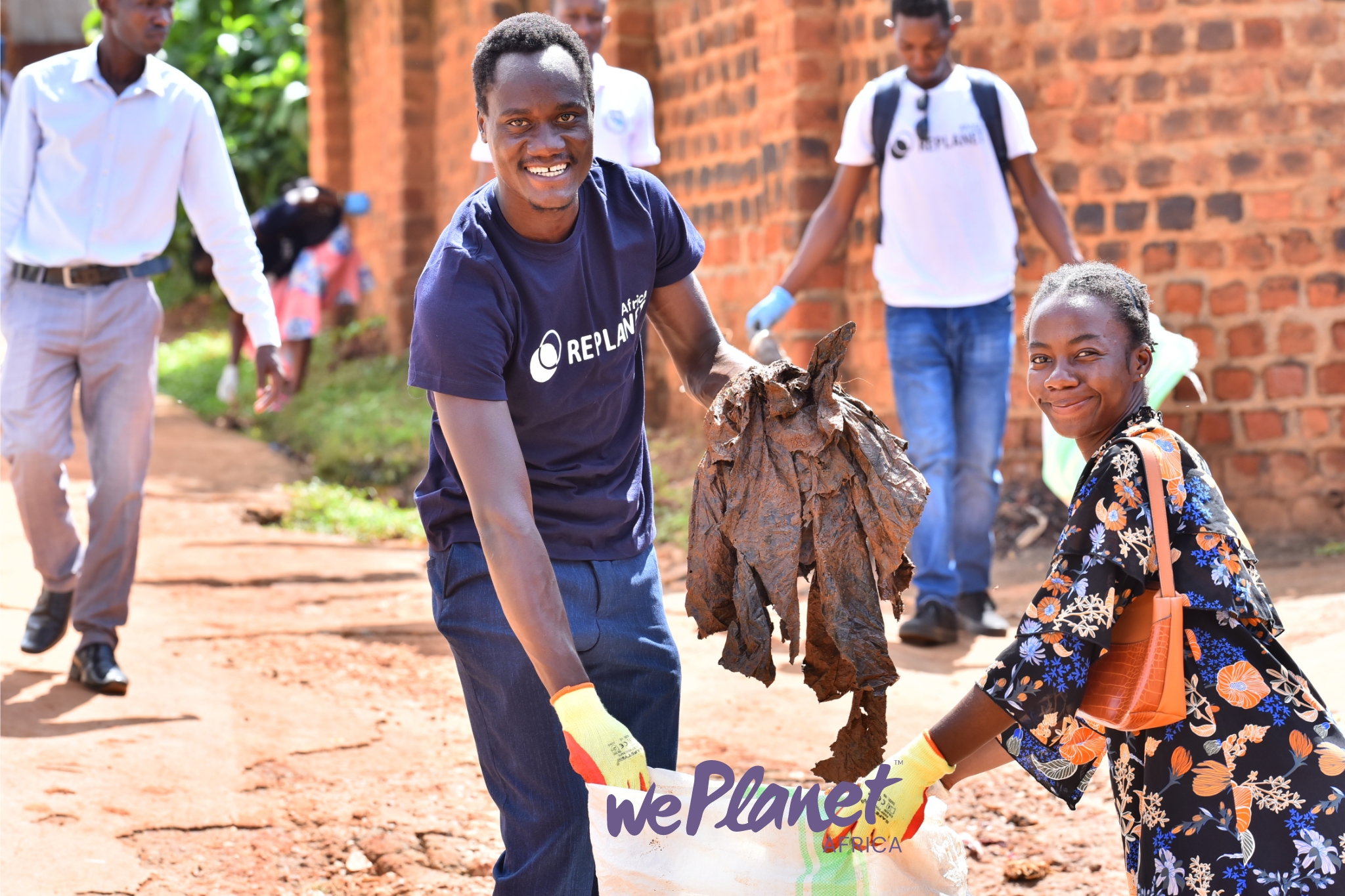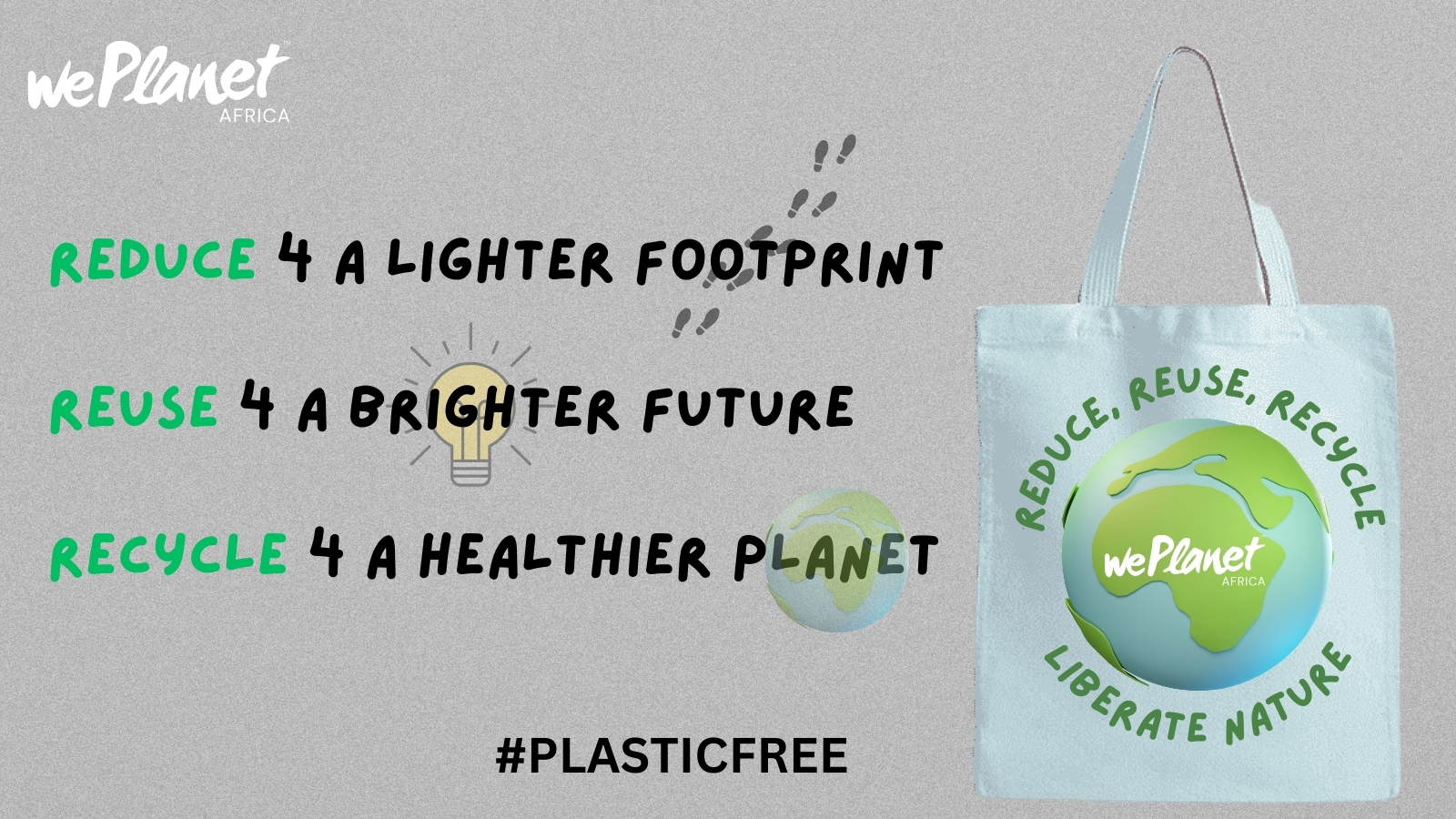
Peter Gichuki
The world clean-up day commemorated on 20th September brings together the world as a reminder of the collective responsibility we share in preserving and maintaining a clean and healthy environment as well as sustainable waste and resource management.
Sub-Saharan Africa produced 174 million tonnes of waste per year in 2016 with the number projected to increase to 516 million ton/year by the year 2050. A collection rate of 55% of waste coupled with illegal dumping of the uncollected waste threatens sanitation and public health. Further, more than 90% of Africa’s waste is disposed of in uncontrolled dumpsites and landfills. This poor management of waste contaminates the oceans, transmits diseases, increases respiratory problems from burning and harms the animals that may consume waste unknowingly, and clogs drains and water passageways leading to flooding. Just last month, Kiteezi landfill in Kampala Uganda collapsed resulting in multiple people injured and others dead. All these effects eventually exacerbate the effects of global warming and contribute to economic decline within the affected areas.
Municipal solid waste contains about 12% plastics. With only a few countries with small-scale recycling plants, most of the waste is incinerated in the landfills. Although incineration of solid waste results in a 90-95% volume reduction in the landfill, it is often carried within landfills without any filters to purify the waste gases released into the atmosphere leading to the release of toxic gases into the atmosphere.
There needs collective action from both the waste producers and the governments. Household waste management can help contribute to a reduction of waste that ends up in the landfills The secret to effective household waste management lies in the 3 R’s; Reduce, Reuse, Recycle.

Reduce
Reducing the number of products bought may be the most effective way of managing waste. When we buy only the goods that we need and avoiding excess quantities, we impact the production lifecycle of such products. The earth has finite resources and therefore, fewer products bought reduces the amount of energy and natural resources used to produce goods. To reduce our wastes, we need to take active steps to choose the items that we need, not want, use minimum packaging materials, and shop for high quality items that may last longer. Further we should buy local products, effectively reducing the need for long distance shipping which is also a major contributor to global emissions.
Reuse
Consumerism culture encourages continued waste production. This can be seen by the increasing urge to update devices ever so often to keep up with emerging technologies, even when the previous devices may be just as useful. The concept of reusing encourages taking of useful products that are discarded by those who no longer want them and providing them to those who do. Reusing allows an item to continue being valuable, useful and productive, replacing new items that would otherwise take up more resources to manufacture.
Recycle
Recycling is the process of converting waste materials into new materials and objects. Recycling provides many benefits to our environment. It allows for the conservation of natural resources by reducing the need for their extraction. Further, recycling diverts waste away from landfills and incinerators, which reduces the harmful effects of pollution and emissions. Startups like Givo Energy have found an innovative way to revolutionize plastic waste recycling by producing valuable consumer and industrial products from recycled waste.
As we commemorate World Clean-up Day, let us commit to acting against the waste crisis in Africa. By reducing, reusing, and recycling, we can significantly reduce the amount of waste that ends up in landfills and oceans. Only then can we have a cleaner, healthier, and more sustainable Africa.
